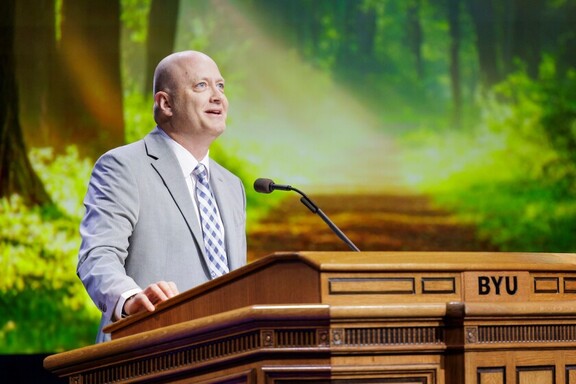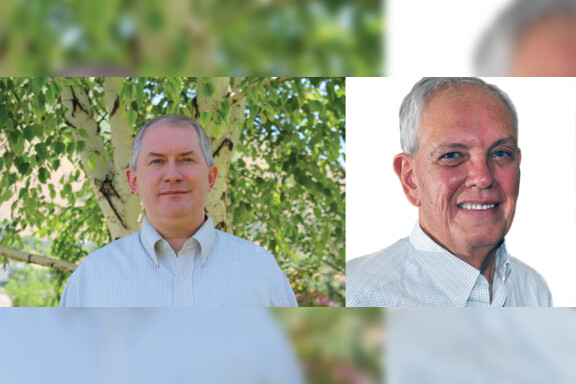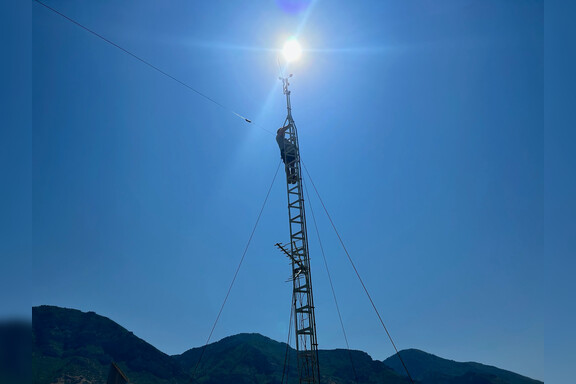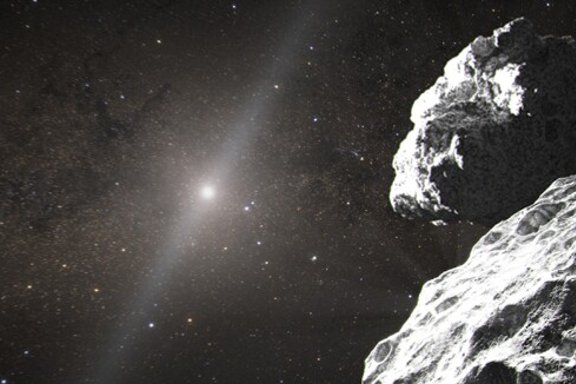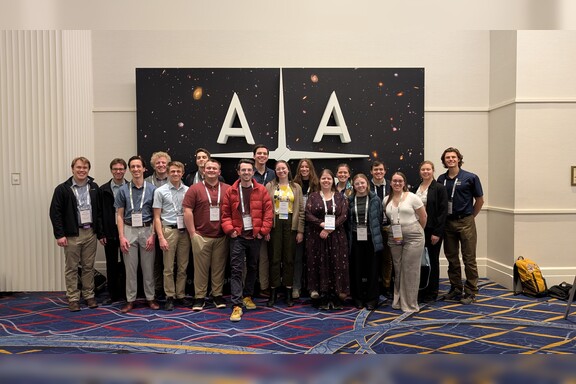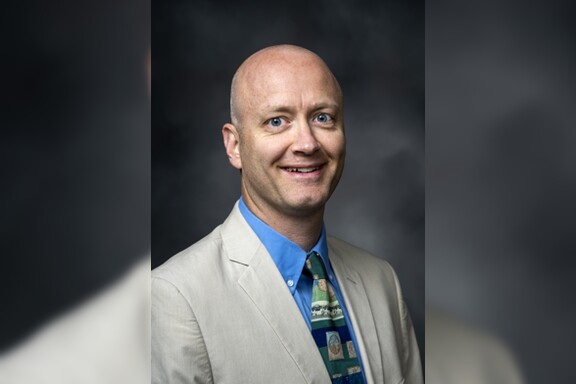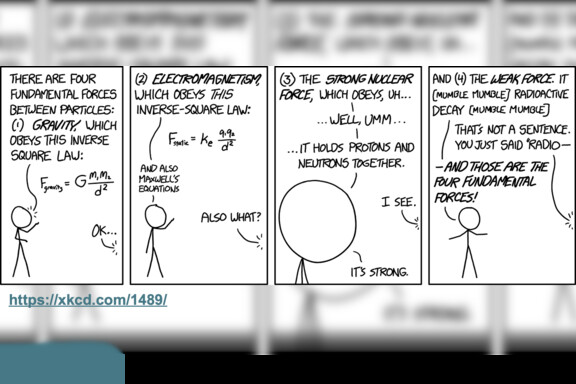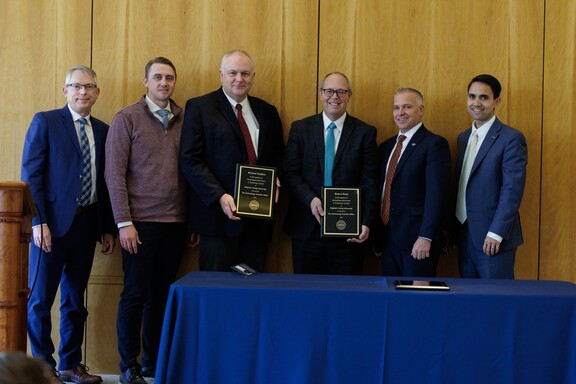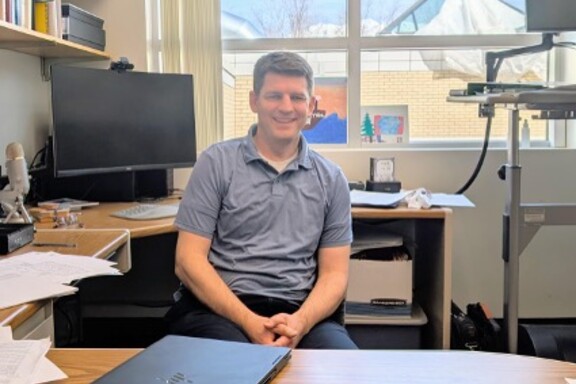
Adam Fennimore, BS in Physics '98, recently offered his time and advice to our students. We appreciate Adam's contribution of his valuable experiences
What area or field have you specialized in?
"At Berkeley I studied Condensed Matter Physics, focusing on the electrical and mechanical properties of carbon nanotubes. Since graduating from Berkeley in 2005 I have worked for DuPont as a research scientist on a variety of development projects. My work has covered a number of different areas including nanotube field emitters, organic electronics, polymer physics, materials science, & electrical characterization."
Why did you choose to study physics?
"I fell in love with Physics in HS with its brain-teaser-like problems, practical applications of higher math, and the promise of understanding the fundamentals behind how things really work. I grew up at the tail end of the Cold War where you could find physicists in all sorts of different careers so it made sense to follow in their footsteps and study Physics at BYU and see where it led me."
How did your studies help prepare you for your career?
"As you would expect, my studies provided a broad foundation of knowledge to draw from across physics and materials science. I learned how to think about and solve difficult problems, design effective experiments, and work with other people."
What do you find rewarding about your work?
"I really enjoy working in industry where you are often part of a large team of scientists and engineers working on problems together. Each person is coming to the problem with their own skillset and expertise and you get to learn so much from each person. You can see how your insights combined with others to collectively move a project forward so much further than any single person ever could. I also feel lucky that I have been able to have so much variety in what I have worked on so far in my career. Despite working for the same company the whole time, I feel like I’ve had several different careers."
What advice you would give students?
"Because the career path with Physics isn’t as clear cut as other STEM fields the onus is on you to determine what your career path will be. You need to expose yourself to research and the different career paths that physicists have taken before you to find out what you are interested in and what the job market looks like for that career."
News and Events
